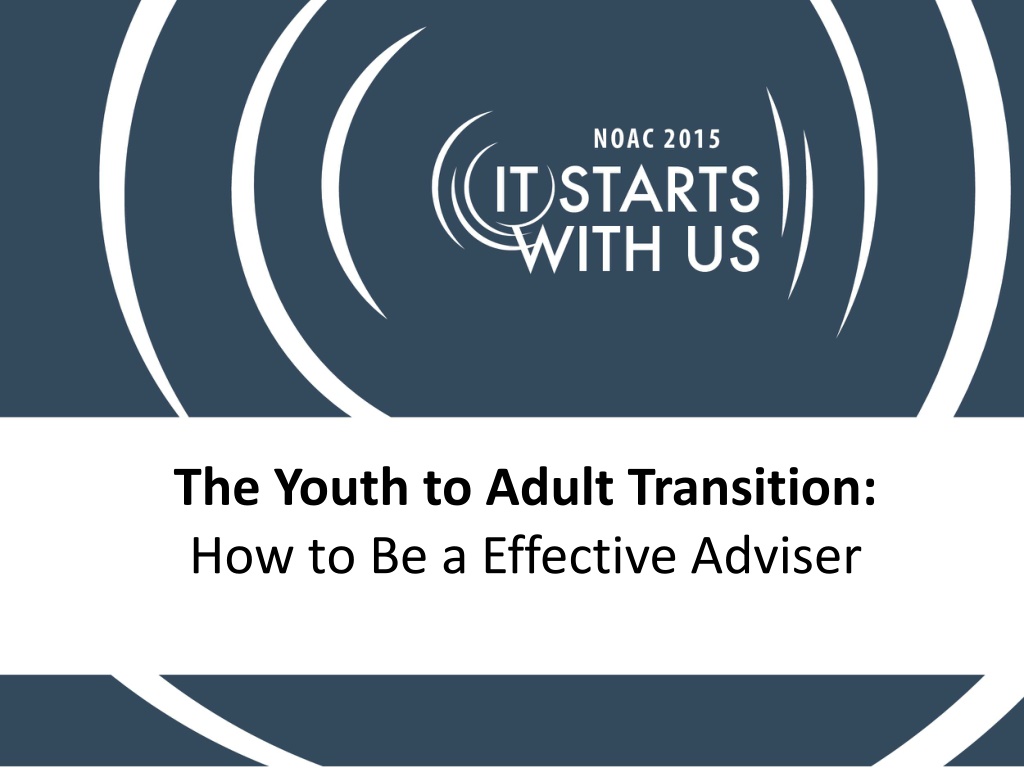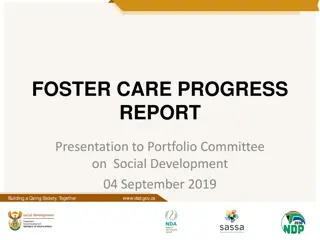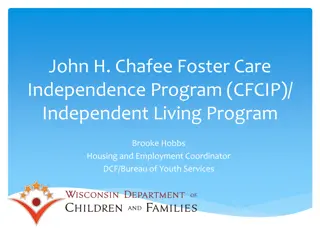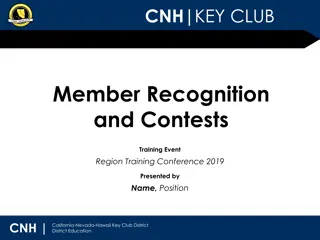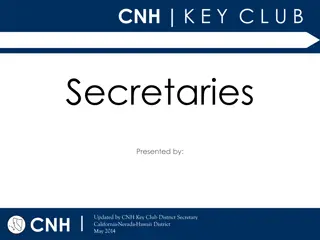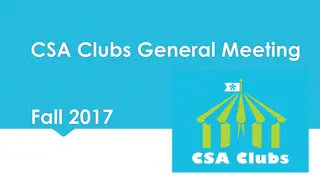Foster Positive Club Environment for New Members
Foster inclusivity, offer recognition, and define roles within your club to retain new members effectively. Emphasize leadership, service, and learning opportunities while creating a welcoming atmosphere. Set clear responsibilities, promote engagement, and facilitate group dynamics to ensure everyone feels valued and included.
Download Presentation

Please find below an Image/Link to download the presentation.
The content on the website is provided AS IS for your information and personal use only. It may not be sold, licensed, or shared on other websites without obtaining consent from the author.If you encounter any issues during the download, it is possible that the publisher has removed the file from their server.
You are allowed to download the files provided on this website for personal or commercial use, subject to the condition that they are used lawfully. All files are the property of their respective owners.
The content on the website is provided AS IS for your information and personal use only. It may not be sold, licensed, or shared on other websites without obtaining consent from the author.
E N D
Presentation Transcript
The Youth to Adult Transition: How to Be a Effective Adviser
Session Questions What are characteristics of a successful adviser? How can these characteristics positively influence the youth/adult relationship? How can we cultivate and improve these leadership qualities?
Being a Successful Adviser through positive youth leadership under the guidance of select capable adults. The underlying reason adults are involved in the Order is to provide young men with the opportunity to develop into leaders of character
Traits of an Effective Adviser Think about adults and advisers in your chapter, lodge, and/or section whom you believe were effective. What personality traits, behaviors, and skills do they possess/demonstrate? Why do you view them as effective advisers?
Trait #1 - Personality Can you be an adult that a youth would want to work with and learn from? Adults need to be/have: Humor and Warmth Approachable Patient Positive Honest and Trustworthy
Trait #2 Develop a Relationship Do you know the young man with whom you are working? What are their needs? What skills and knowledge do they already posses? What are their weaknesses? How can help to further develop them What leadership style will the youth respond to best?
Trait #3 Give Praise The success of your chapter/committee/event/lodge are always due to the hard work of the youth you are working with. Always! All credit and praise go to the youth even if you have found yourself doing more than your fare share of the work. Praise in public, criticize in private
Trait #4 - Be Supportive, yet Realistic and Practical Support the ideas and plans of the youth you are working with. Help them to think their ideas through. What is a great idea and what is practically possible? Be careful of tradition. There is tradition based on experience and reason and tradition that is simply what we have always done. Maintain lodge rules, council & BSA policies, and health and safety at all times. How can you support your youth in a more practical way? Take responsibility for your youth and do everything you can to make him successful.
Trait #5 - At All Times, Teach! Whenever possible share your knowledge with the youth around you. Teach them! Adults should always be working to give youth the skills and resources they need to set them up to be successful.
Traits of Effective Advisers 1. Personality 2. Develop the Relationship 3. Give Praise 4. Be Supportive, yet Realistic and Practical 5. At All Times Teach!
Group Discussions What are the possible traits that an effective adviser would use in each scenario? What was the rationale behind the approach you would take in these types of situations. We will share your group s ideas in about 5 minutes.
Scenario 1: The Show Must Go On Alex is the youth in charge of one of two ordeal ceremony teams. His adviser, John noticed that Alex has not communicated routinely with members of his team in two months, with only six weeks before the Ordeal. John speaks to Alex on the phone to discuss his concern and quickly begins to chastise Alex for allegedly failing to communicate. He tells Alex that he will take care of this by putting together and sending a written schedule out for the team. John feels it is important that the ceremony team maintains good communications. What traits did both leaders demonstrated in this scenario? Which traits of an effective adviser could have been applied in this situation?
Scenario 2: Help Without Helping Jacob is the newly elected Lodge Vice Chief and is in charge of the Lodge s annual Lodge Leadership Development (LLD) Training. Bob has been appointed to serve as Jacob s adviser. Jacob, as an ambitious, but relatively new member of the Order is quickly overwhelmed with designing such an important lodge training event. Jacob worries about what trainings to include, who will be the trainers, and how to encourage members to attend (which has been a difficulty for the Lodge in past years). Jacob calls Bob and asks him if he would pick the trainings to include and recruit trainers as he knows Bob has been in the Lodge for a long time and he thinks he feels overwhelmed. Bob asks Jacob why he is overwhelmed and tells Jacob he will help him pick trainings and provide some names for potential trainers for Jacob to contact. He suggests Jacob elicits desired trainings from the Lodge Executive Committee and to contact the potential trainers to see if they are available to teach. What trait(s) has Bob demonstrated Which ones do you think Jacob now has now positively experienced?
Scenario 3: Lodge Success? Robert is an adviser in the Lodge and has recently completed Wood Badge. Robert has identified the Lodge Extended Elangomat Program as one of his Wood Badge Tickets that he must complete within 18 months. Excited about this program and it s potential to reduce the Lodge s Sash and Dash problem he brings it back to the Lodge Executive Committee where all are in favor of beginning to implement the program. Jake is the youth put in charge of this program. This program requires Elangomat Training and steps for the Elangomats to follow after the Ordeal Weekend. It also requires someone to coordinate contact info and follow up with the Elangomats to ensure they are reaching out to the new Ordeal members that were in their clan. Robert goes full speed ahead planning and scheduling the training for the following month so the program can be implemented for the next Ordeal. Jake is the trainer for this training and has been kept informed since the Lodge designated him the Youth in charge of Elangomats. Jake is a great trainer, the training is well attended, and all are excited for this program to be implemented at the next Ordeal. What traits were (or not) coached, developed and learned by Robert? Could any of the traits have been applied by Jake?
Session Recap Discussion Of the list of traits discussed which three you consider essential to all lodge leaders? What traits should youth leaders seek to have and to bring to the table to help achieve the Lodge s goals? What traits could adult leaders bring to the table to help achieve the Lodge s goals?
Session Questions In Review What are characteristics of a successful adviser? How can these characteristics positively influence the youth/adult relationship? How can we cultivate and improve these leadership qualities?
The Youth to Adult Transition: How to Be a Effective Adviser
